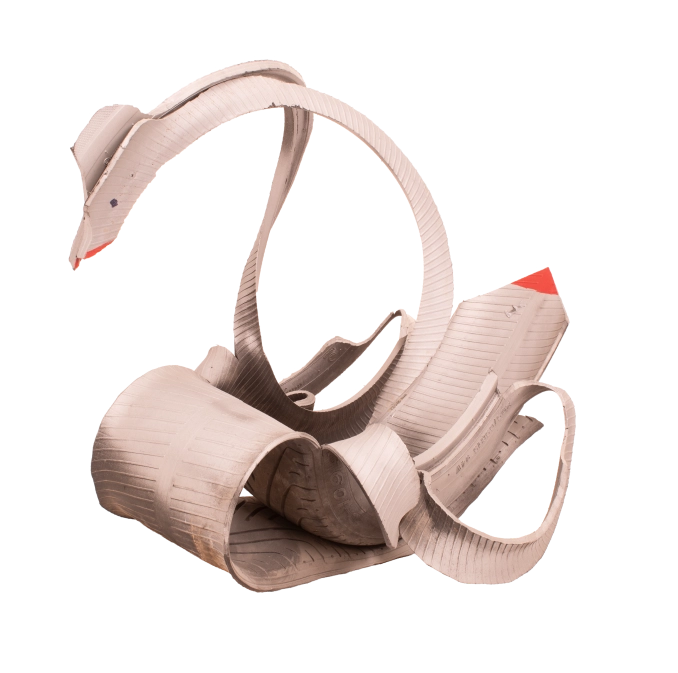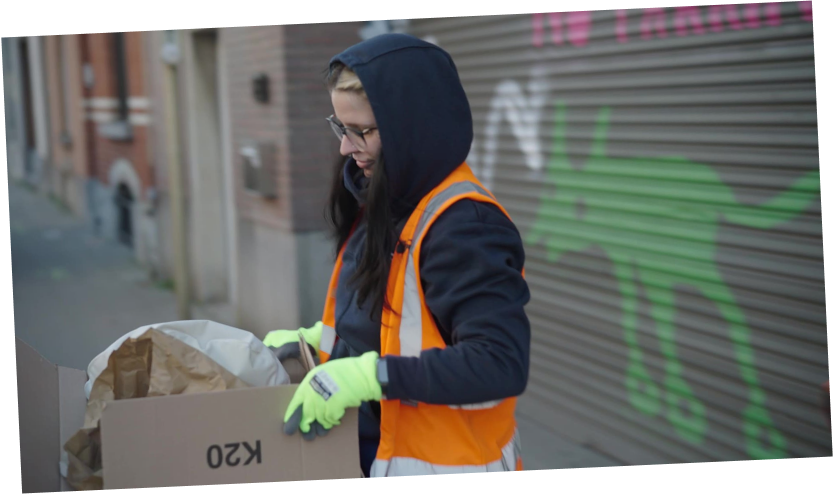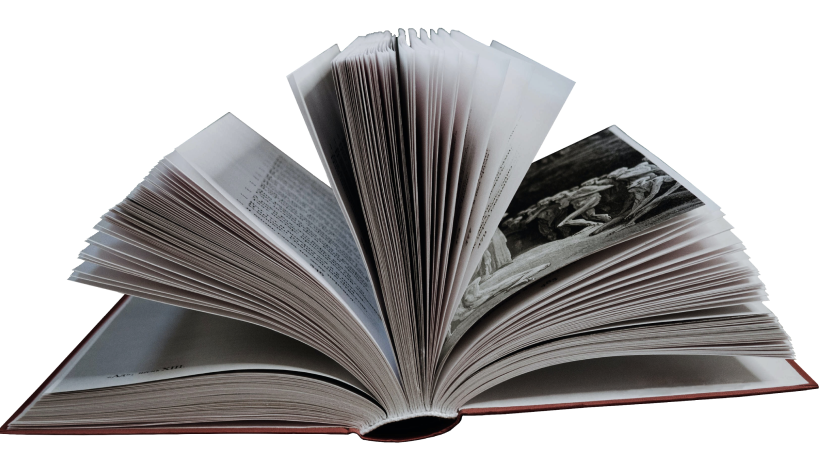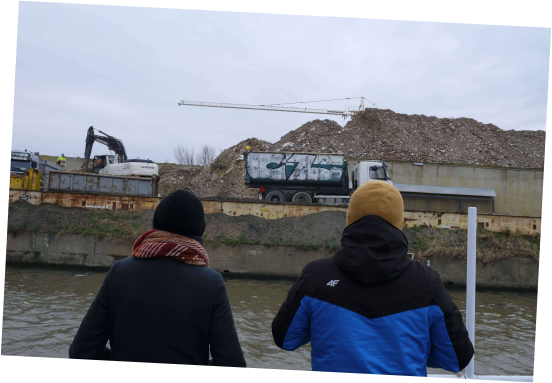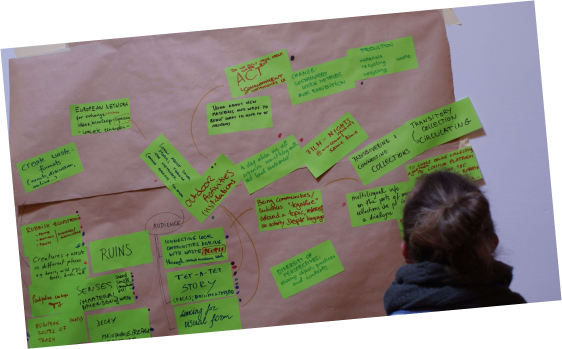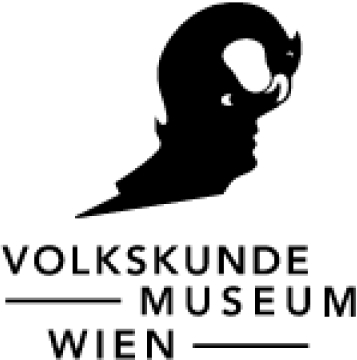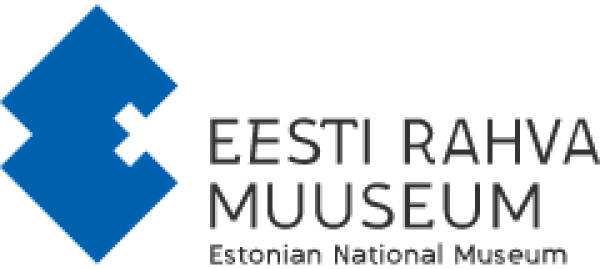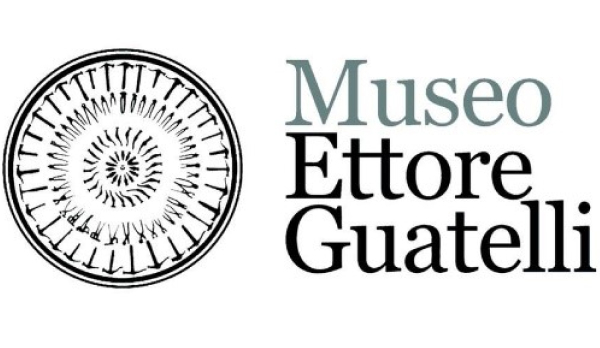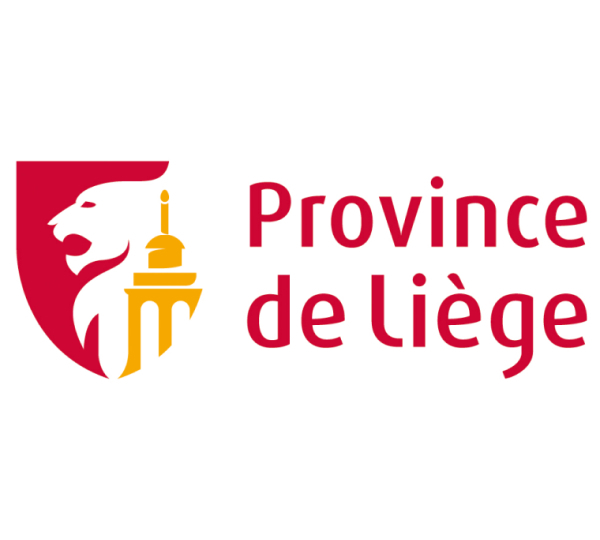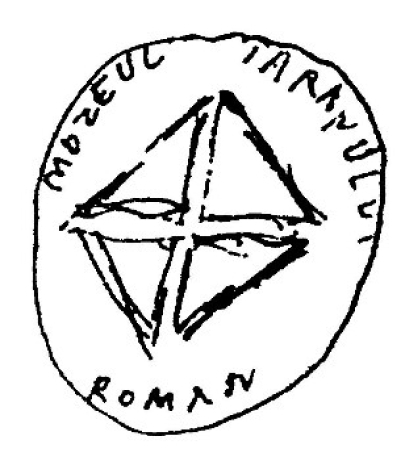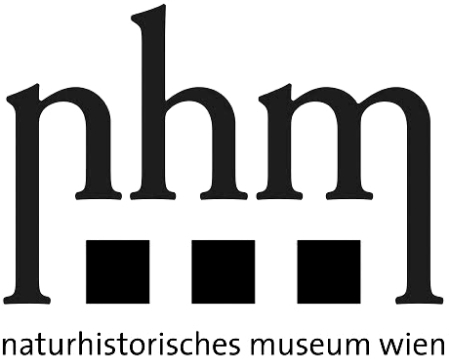PARTNERS
Since 2021, the House of European History has been working with 9 museums from 8 European countries active at local and national levels in the fields of culture, ethnology and history. Together, they created this website, a pan- European platform connecting objects, stories and people across time and space, in order to offer diverse and engaging content on the topic of waste.
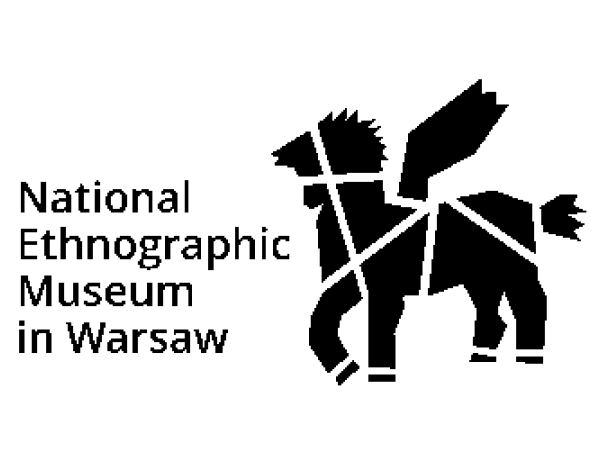
 20
20



